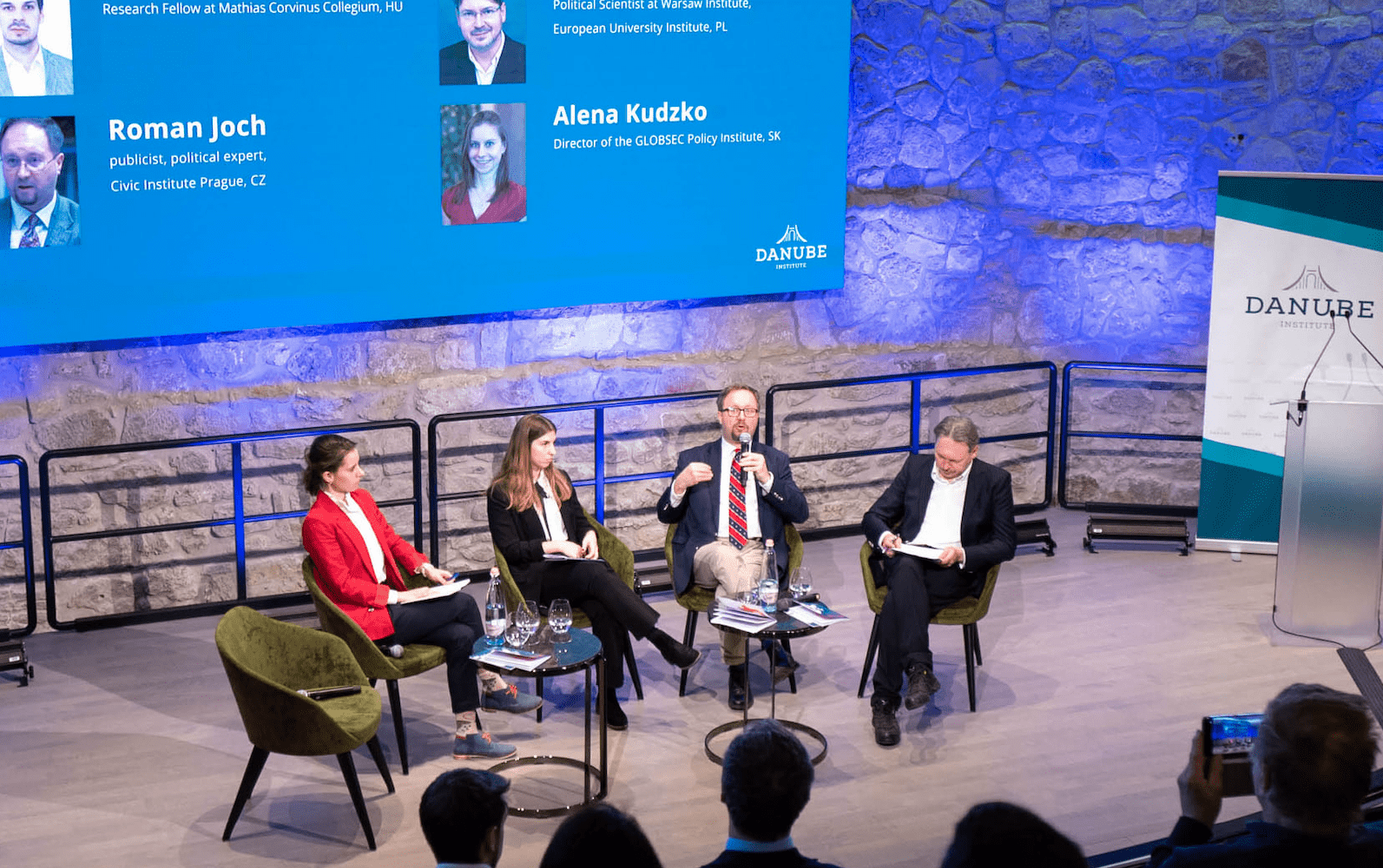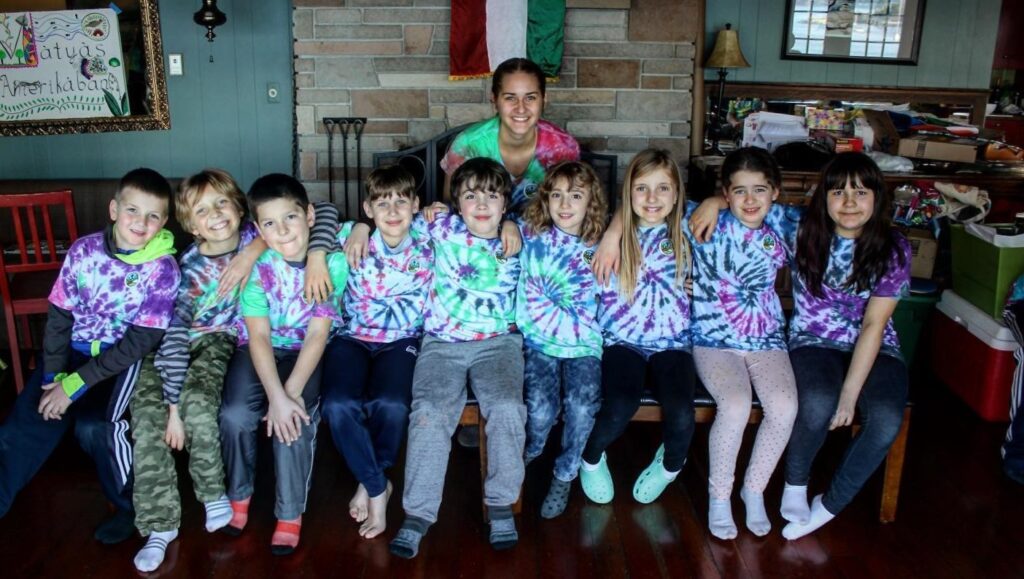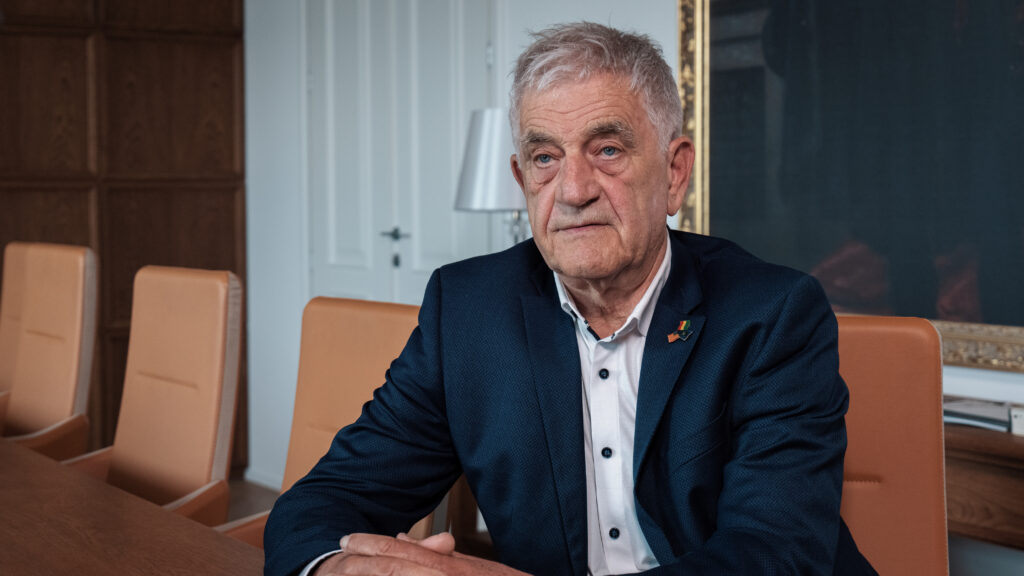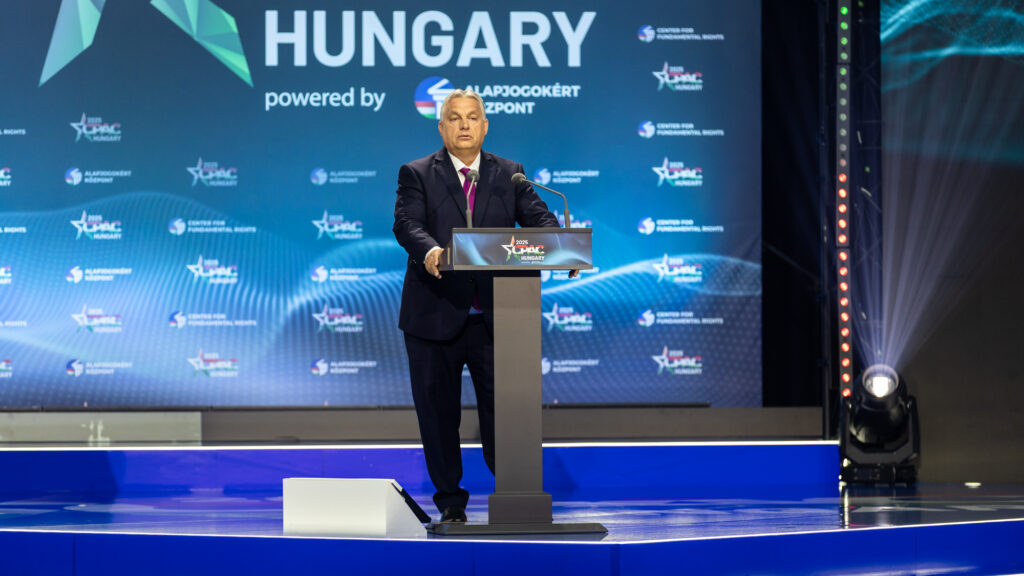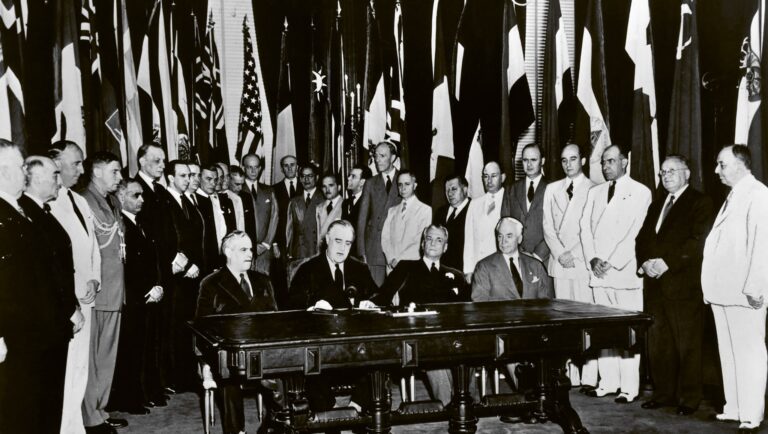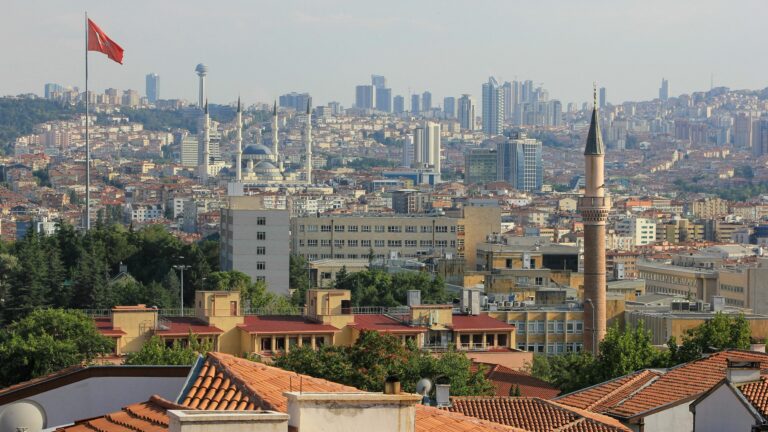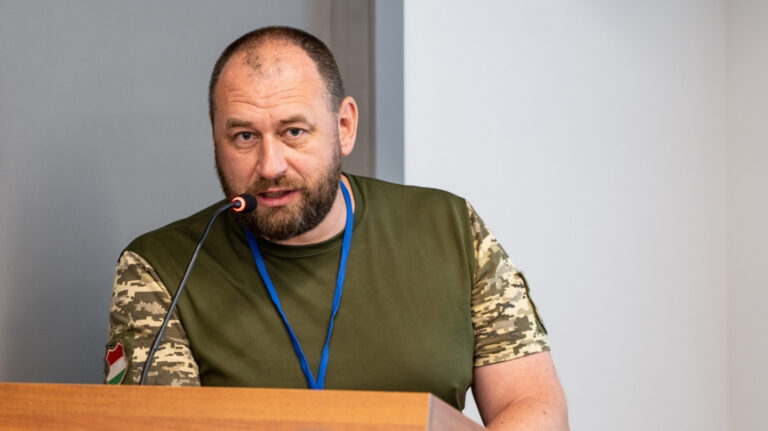On 12 April 2022, Danube Institute, in cooperation with the Batthyány Lajos Foundation, hosted a book launch event on the occasion of the recently published volume entitled 30 years of the V4. The book pays tribute to the 30th anniversary of the Visegrád Cooperation, celebrated in February 2021. The book launch was organised as part of a larger conference, where distinguished experts from the Czech Republic, Hungary, Poland and Slovakia exchanged views on the future of the Visegrád Cooperation, and assessed the past challenges and achievements of this successful coalition of Central European countries. Evaluating the past and projecting scenarios for the future is especially important at a time when the V4 countries experience one of the greatest challenges to their alliance since its inception, due to very different national approaches to the war in Ukraine. Nevertheless, it appears the members of the coalition agree that standing a united front is essential in facing the difficulties of the future, be them economic risks, security problems or energy issues.

The V4 countries provide vital assistance to refugees arriving from Ukraine, and also sends humanitarian aid to the war-torn country
The opening speech was delivered by Krisztina Varju, Ministerial Commissioner of the Ministry of Foreign Affairs and Trade in charge of Hungary’s V4 presidency of 2021-22. In her remarks she highlighted the current geopolitical challenges and congratulated the publishers on the book that she noted was timely, as it has come out when Central Europe is experiencing some bumps on the road to deeper regional cooperation. In spite of that, she also highlighted that the V4 countries provide vital assistance to refugees arriving from Ukraine, and also sends humanitarian aid to the war-torn country. She drew the attention to the elements that unite the V4, and reminded the audience that it was friendly conversations about disagreements that resulted in the prosperity and stability of the region.
The first panel focused on the book itself. Authors Anton Bendarzsevszkij, Péter Szitás and Tamás Orbán discussed the contents of the volume with the moderation of István Kiss, Executive Director of the Danube Institute. Firstly, they emphasised the fact that the chapters of the book were written in the pre-war era, hence the atmosphere for cooperation was then more favourable. What they all agreed on was that over the last three decades, the V4 cooperation has evolved into a recognisable brand not only within the European Union, but also globally. Consequently, there are many V4+ formats where the core Visegrád countries seek common ground for cooperation with possible partners on various issues. In light of the recent military developments in the coalition’s imminent neighbourhood, the authors acknowledged that the book should perhaps put stronger emphasis on the strategic cooperation between the V4 members, but they did not exclude the possibility of a second volume coming out in the foreseeable future.

The second panel aimed to explore the past thirty years of the Visegrád cooperation. This panel was moderated by Nikolett Garai, research fellow at the Institute for Foreign Affairs and Trade and featured panellists Alena Kudzko, director of the GLOBSEC Policy Institute; columnist and political expert Roman Joch of the Civic Institute Prague; and Tomasz Grzegorz Grosse, political scientist at Warsaw Institute and professor at the Institute of European Studies of the University of Warsaw. The speakers started by comparing the role of the V4 today with when it was first established. They agreed that in the 1990s, after the end of the Cold War, there was a clear dual goal for every V4 member: accession to the Euro-Atlantic institutions, namely NATO and the European Union. However, when this task was successfully completed, there was doubt and uncertainty among the V4 countries as to how to proceed. The 2015-16 migration crisis then presented an opportunity and a willingness to deepen this already existing framework, and to formulate a common ground that they can stand on at the Brussels negotiating table. This approach can result in the evolution of a long-term co-decision pattern, the panellists suggested, even more so as today the Eastern member states of the EU have a hard time representing their interests and being heard and understood by the Western member states. In that sense, the V4 cooperation might evolve into something resembling the Franco-German cooperation, which, until now, has been the main shaping force of integration in the EU.
In the long run, these Central European countries on the periphery of both the EU and NATO will need each other to be able to successfully represent their interests, the panellists suggested
The last panel discussion, moderated Anton Bendarzsevszkij, attempted the impossible: it tried to predict what the future might hold for the V4 cooperation. Speakers on the panel were Jiří Lach, professor at the Department of Politics and European Studies at the Palacký University Olomouc; Juraj Marušiak, political scientist and historian at the Slovak Academy of Sciences; Piotr Bajda, professor at the Institute of Political Sciences and Administration at the Warsaw Institute and the Cardinal Stefan Wyszyński University; and Márton Ugrósdy, Director of the Institute for Foreign Affairs and Trade. Despite the extensive criticism the V4 receives today because of its inability to formulate a common position regarding Russia and the war in Ukraine, most panellists were optimistic about the future of the Visegrád Cooperation. In the long run, these Central European countries on the periphery of both the EU and NATO will need each other to be able to successfully represent their interests, the panellists suggested. Among possible areas of cooperation in the future, the speakers mentioned the development of communication and transport infrastructures, which will enable V4 countries to increase their trade volumes among each other. These efforts may ultimately be supported by the Three Seas Initiative as well. In the realm of international politics, in addition to EU representation and interest articulation, the most important task of the Visegrád Cooperation now is to defend its interests at the main decision-making forums, the panellists highlighted. They also agreed that it would be an applaudable strategy to further develop the V4+ formats that proved to be highly effective and beneficial for the founding countries of the V4 so far. It is worth underlining however, that speakers of this panel agreed it was unlikely that the Visegrád Cooperation would eventually develop some kind of institutionalised structure, as its strength is in its flexibility.

